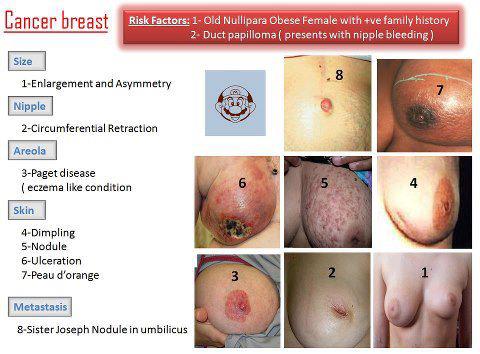Healthy sleep reduces the risk of prostate cancer
High levels of the hormone that regulates sleep-wake cycles - melatonin - reduces the risk of developing aggressive prostate cancer at 75%, has established a group of researchers of the department of epidemiology at the Harvard School of Public Health (Boston).
The results of the scientists were presented at the conference of cancer, according to Medical Xpress .
Melatonin is produced exclusively in the dark and is an important regulatory component of human circadian rhythms. "Insomnia and other sleep disorders can affect the amount of melatonin or completely stop its production in the body," - explained Sara Markt (Sarah Markt), one of the co-operation.
The study, which lasted for seven years, attended 928 Icelandic men. Volunteers were asked to answer questions related to the regime of sleep and wakefulness, as well as urine test, in which scientists determined the level of one of the decay products of melatonin.
It turned out that every eight volunteers had trouble falling asleep, one in five could not sleep for a long time (all the time waking up), and one-third took sleeping pills. All these men melatonin level was significantly lower than that volunteers do not have problems with sleep. Of 928 participants with prostate cancer developed in 111.
The researchers found that men with high levels of melatonin had a 75% lower risk of aggressive cancer. Now Markt and her colleagues plan to confirm this result in further studies.
Canadian scientists have proposed to diagnose prostate cancer with the help of another hormone - ghrelin is responsible for hunger.
The results of the scientists were presented at the conference of cancer, according to Medical Xpress .
Melatonin is produced exclusively in the dark and is an important regulatory component of human circadian rhythms. "Insomnia and other sleep disorders can affect the amount of melatonin or completely stop its production in the body," - explained Sara Markt (Sarah Markt), one of the co-operation.
The study, which lasted for seven years, attended 928 Icelandic men. Volunteers were asked to answer questions related to the regime of sleep and wakefulness, as well as urine test, in which scientists determined the level of one of the decay products of melatonin.
It turned out that every eight volunteers had trouble falling asleep, one in five could not sleep for a long time (all the time waking up), and one-third took sleeping pills. All these men melatonin level was significantly lower than that volunteers do not have problems with sleep. Of 928 participants with prostate cancer developed in 111.
The researchers found that men with high levels of melatonin had a 75% lower risk of aggressive cancer. Now Markt and her colleagues plan to confirm this result in further studies.
Canadian scientists have proposed to diagnose prostate cancer with the help of another hormone - ghrelin is responsible for hunger.




Comments
Post a Comment